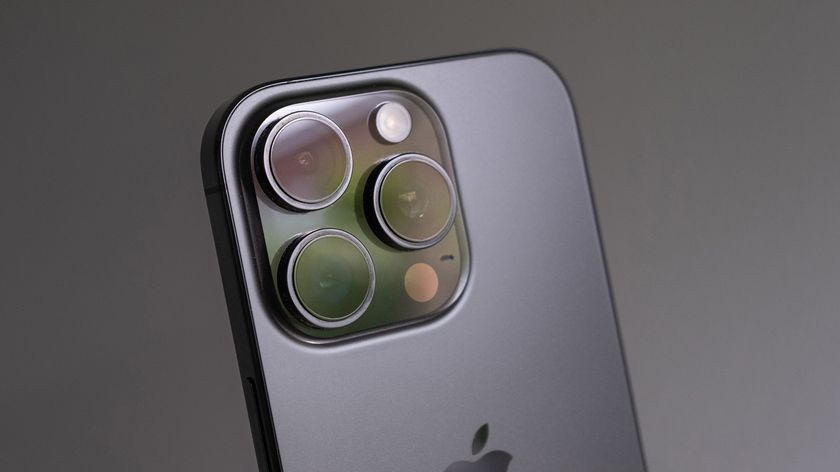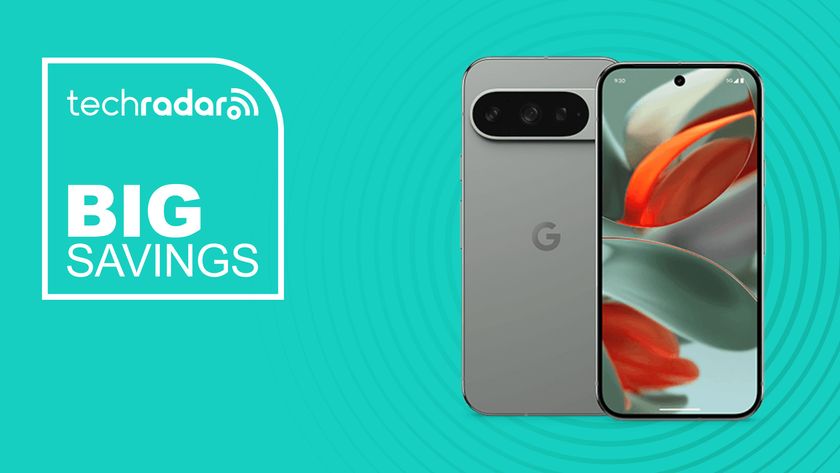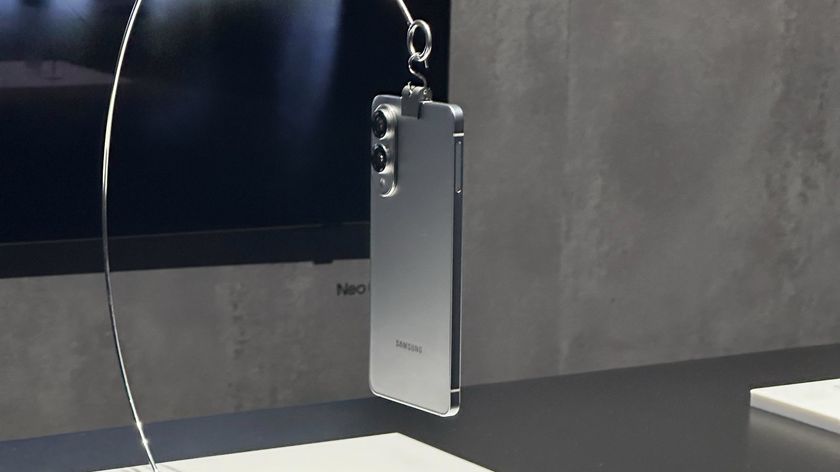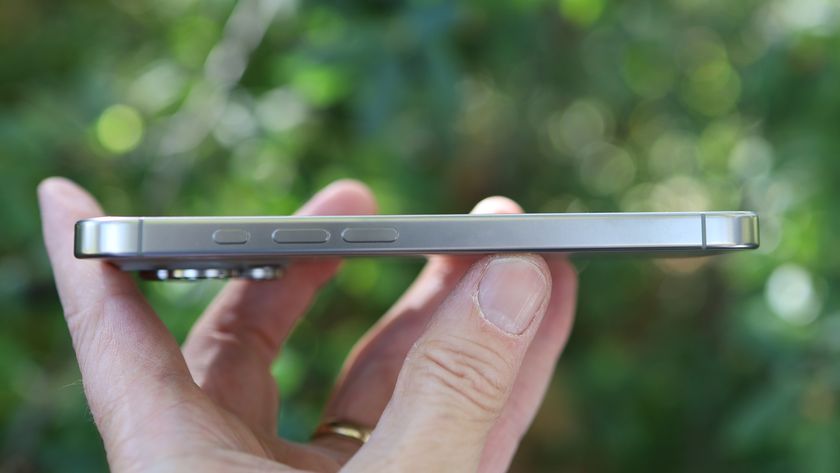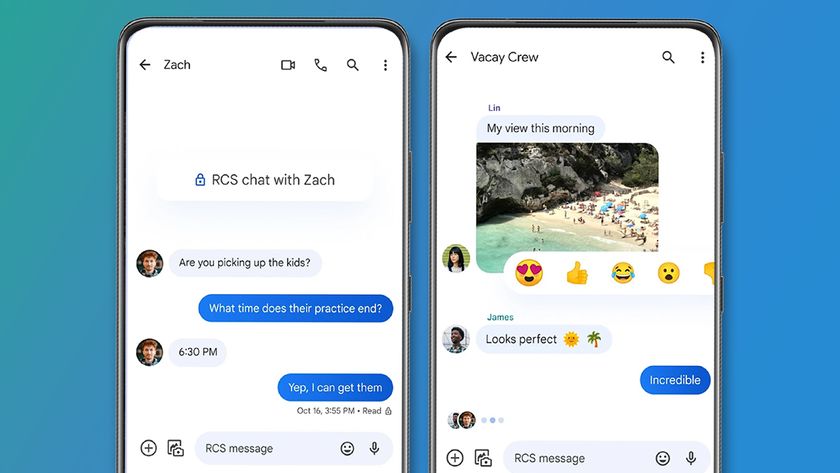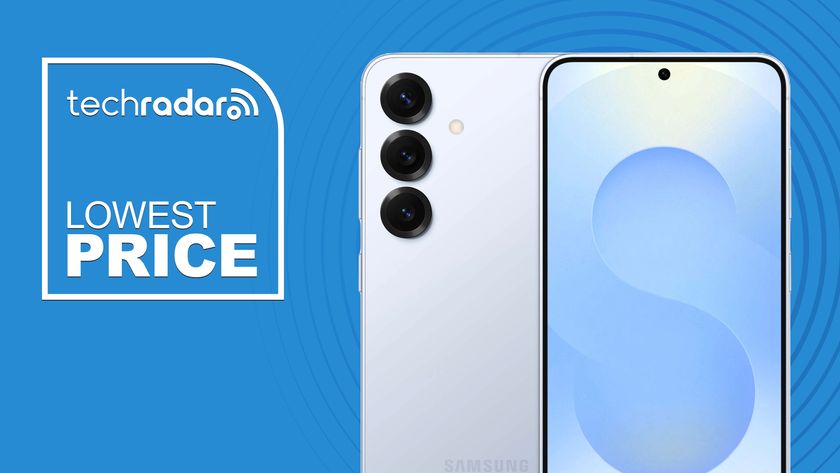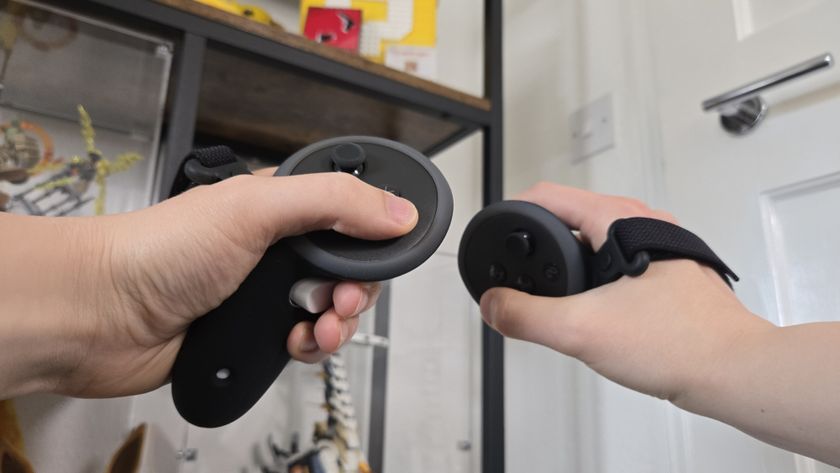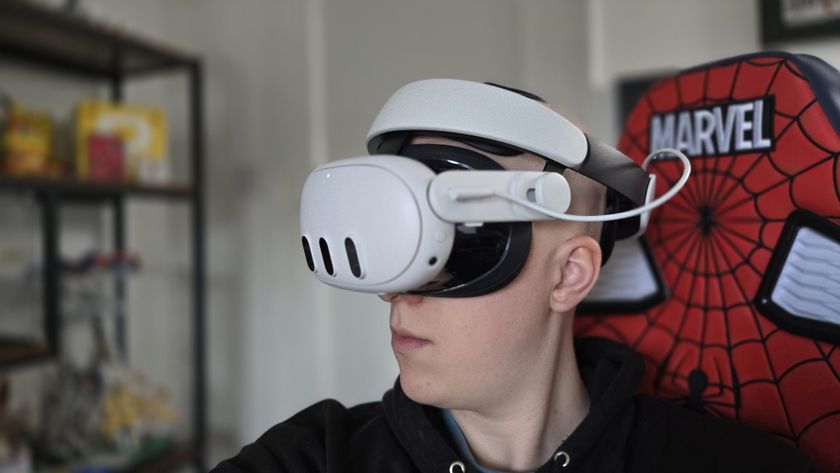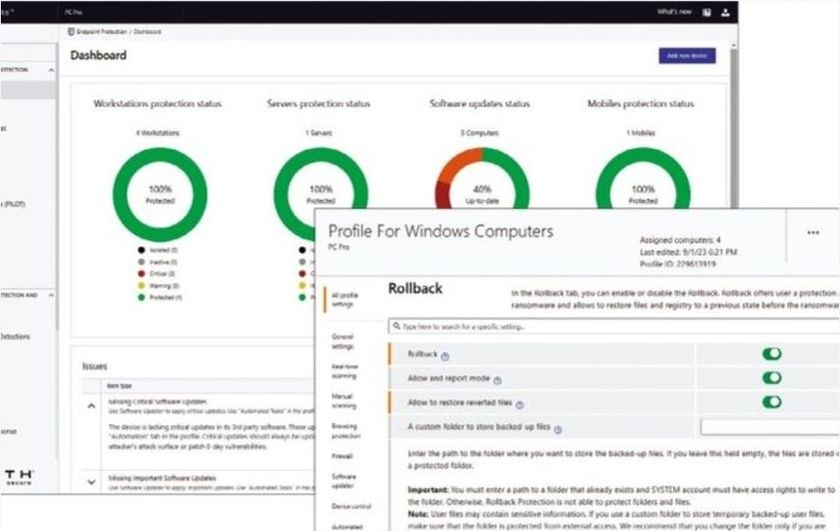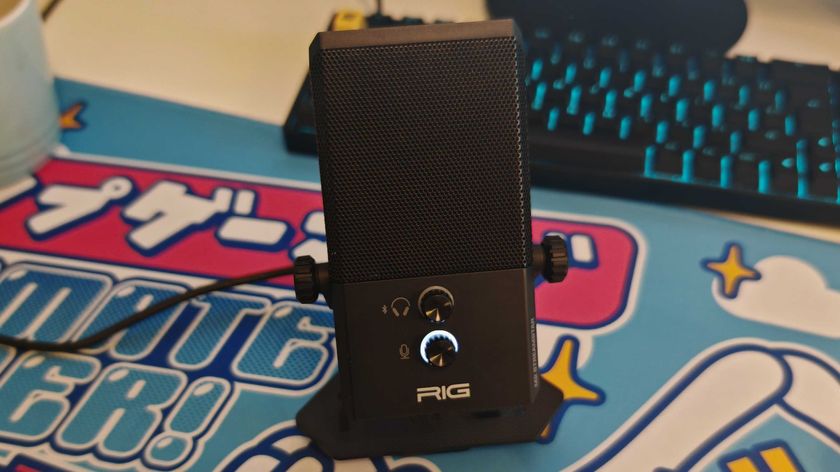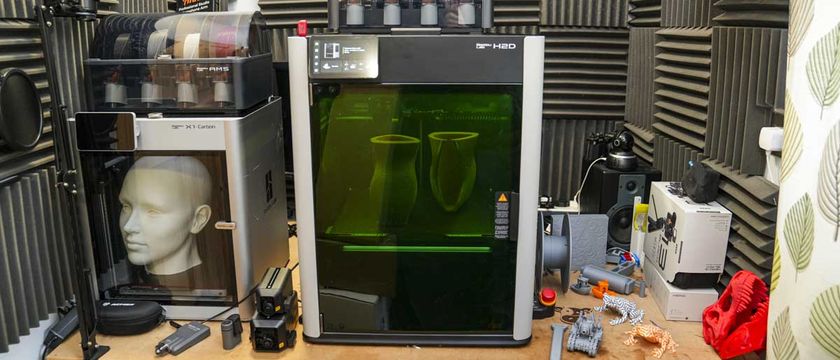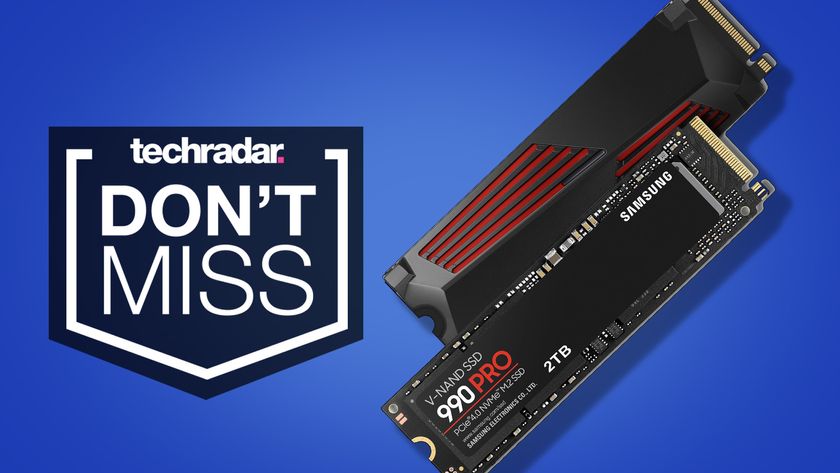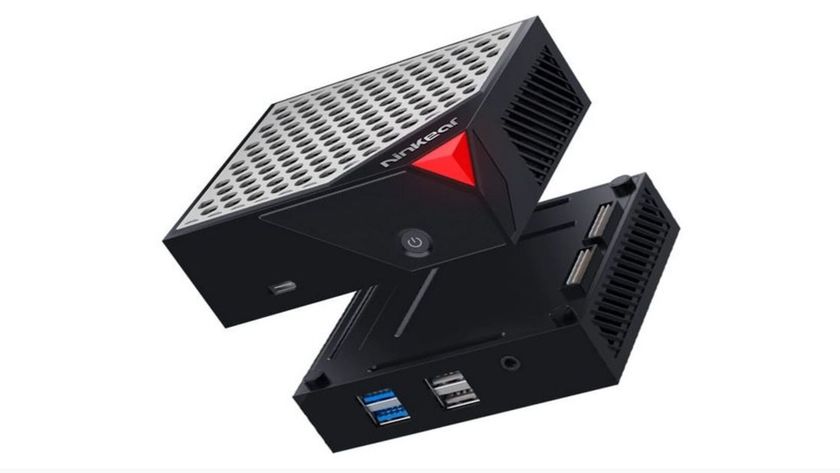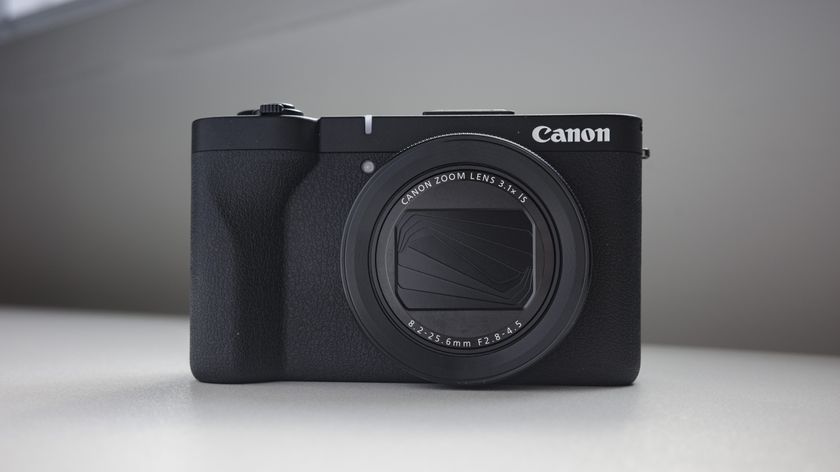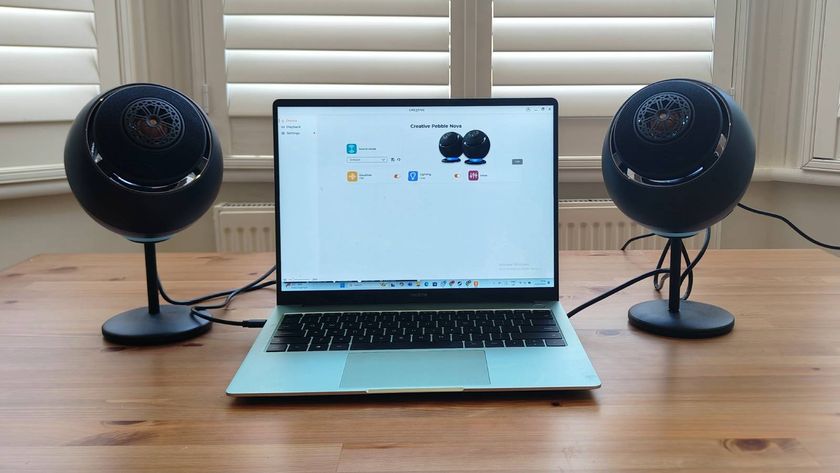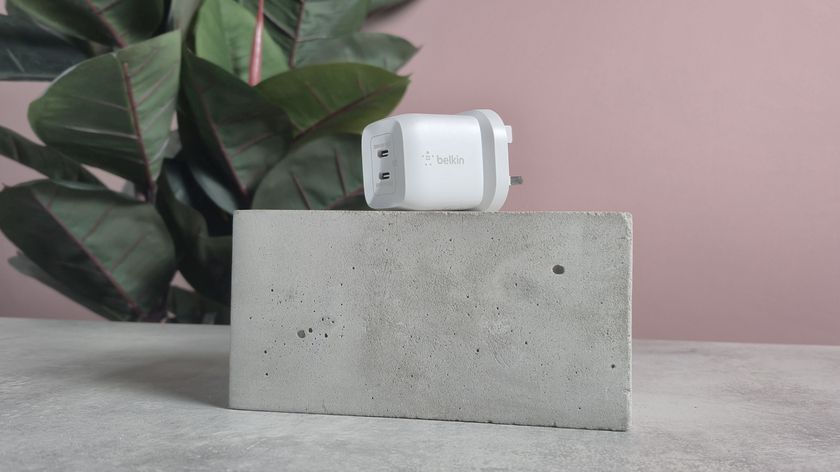Why you can trust TechRadar
I tested the 16GB version of the M5, running a Qualcomm Snapdragon 615 processor with 2GB of RAM, and overall I was very impressed.
Running a pretty much stock version of Android, and aided by the performance enhancements brought by Marshmallow, this phone flies through the operating system without a fuss. Apps open and close quickly, and multi-tasking is a breeze.
This extends to gaming too. Predictably, titles like Crossy Road, Magazine Mogul and the like ran flawlessly, while more demanding games like Dead Trigger 2 and Asphalt 8 ran well on lower graphics settings.

As for benchmarks, the Aquaris M5 managed a single core score of 654 on Geekbench 3, achieving a score similar to the Samsung Galaxy S4. The multi-core score is slightly more promising, coming to 2492, which comfortably tops the S4.
It is always worth bearing in mind with benchmark tests that they only tell half the story. Though the best performing phones will indeed come out on top, even lower scoring phones will often still provide an excellent overall experience, that is to say being perfectly acceptable in day-to-day use for 99% of people, and the Aquaris M5 definitely falls into this bracket.
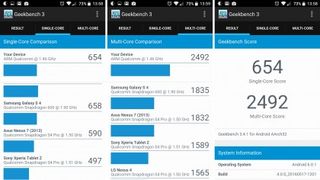
I did experience slightly more bugs and app crashes than I'd have expected, but hopefully this will be sorted out with a software update.
Several storage options are available for the BQ Aquaris M5, from 16GB to 32GB, with the higher priced versions coming with extra RAM to boot, a whole 1GB. With a microSD card, this internal memory can be boosted considerably, as the M5 supports adoptable storage, allowing apps to be installed to the microSD card.
Battery life
As for battery life, with a 3120mAh cell tucked away inside its mostly petite frame, the Aquaris M5 has enough stamina to make it through a full day, perhaps even more for light users.
Starting the day at 7am, browsing Twitter briefly, listening to music through a 40-minute commute, browsing articles during lunch and listening to music over Bluetooth throughout the evening, along with some light gaming and sending and receiving messages throughout the day, plus around half an hour of calls, I found that the Aquaris M5 could make it to midnight with roughly 30% to spare, which is a very respectable result.
Running the techradar battery test (playing a Full HD video at full brightness, with Wi-Fi on and all accounts syncing in the background), the battery dropped 22%, from 100% to 78%, which is quite a respectable score. Though not an amazing one, with the Moto G4 for example dropping just 17% in the same test.
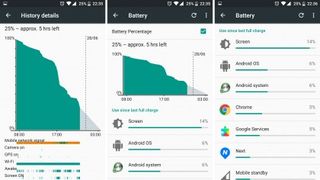
As a bonus, standby times are pretty decent too, a result of the Doze feature present in Android Marshmallow. In all, though it doesn't reach the same heights as the Samsung Galaxy S7 Edge, it is nonetheless a strong performer.
Sean is a Scottish technology journalist who's written for the likes of T3, Trusted Reviews, TechAdvisor and Expert Reviews.
